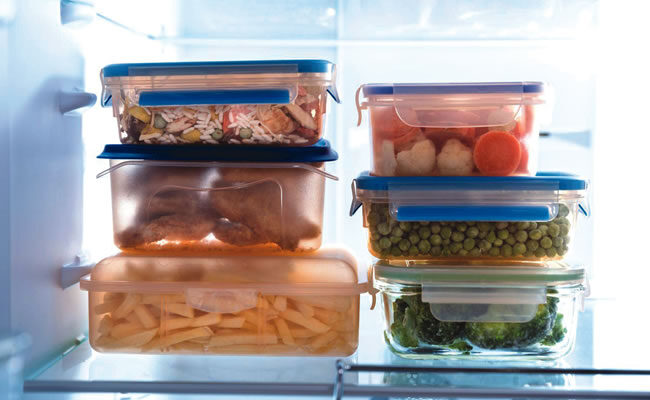Throughout the month of January, people continue the festivities in various forms and it is common for family and friends to get together for weekends to return visits from people that celebrated with them during the festivities.
These get togethers have one thing in common; food in varieties, big quantities and in excess. Usually, for events that are held outdoors or in the garden, it is popular to have buffets. And as a result, food items are left out for long periods and this may give opportunity for harmful bacteria to enter the food.
Also, there is usually so much leftovers at such events and such leftovers can be salvaged because food should not be allowed to become waste in this economy.

To avoid likely food borne diseases and wastage, there are some steps that can help;
Cool foods quickly using the refrigerator; divide large portions of cooked foods into smaller portions to cool quickly.
Wash your hands with soap and water before and after handling food.

Maintain hygiene around the food at all times.

Always serve food on clean plates, never use plates used for holding raw meat and poultry for cooked food.
Prevent harmful bacteria from having access to the food:
keep cooked foods hot at 140°F or higher by using chafing dishes, slow cookers and warming trays.
Keep cold foods at 40°F or colder. Keep foods cold by nesting dishes in bowls of ice or use small serving trays and replace them often.
Bacteria can also multiply quickly in moist desserts that contain dairy products. Keep eggnog, cheesecakes, cream pies and cakes with whipped cream or cream cheese frostings refrigerated until serving time.
Leftovers
Though it is economically wise to keep leftovers for future ude, there are limits on how long you can safely keep leftovers.
When heating and storing leftovers, these tips are handy:
Wash hands with soap and water before and after handling food.
Divide leftovers into smaller portions and store in shallow containers in the refrigerator.
Refrigerate cooked leftovers within two hours and keep refrigerator at 40°F or below.
Reheat cooked leftovers to 165°F; ensure sauces, soups and gravies are reheated to a boil.
When microwaving leftovers, make sure there are no cold spots in food (where bacteria can survive). Cover food, stir and rotate for even cooking.
Eat leftovers within three to four days.
When freezing leftovers, use within two months for best results.








